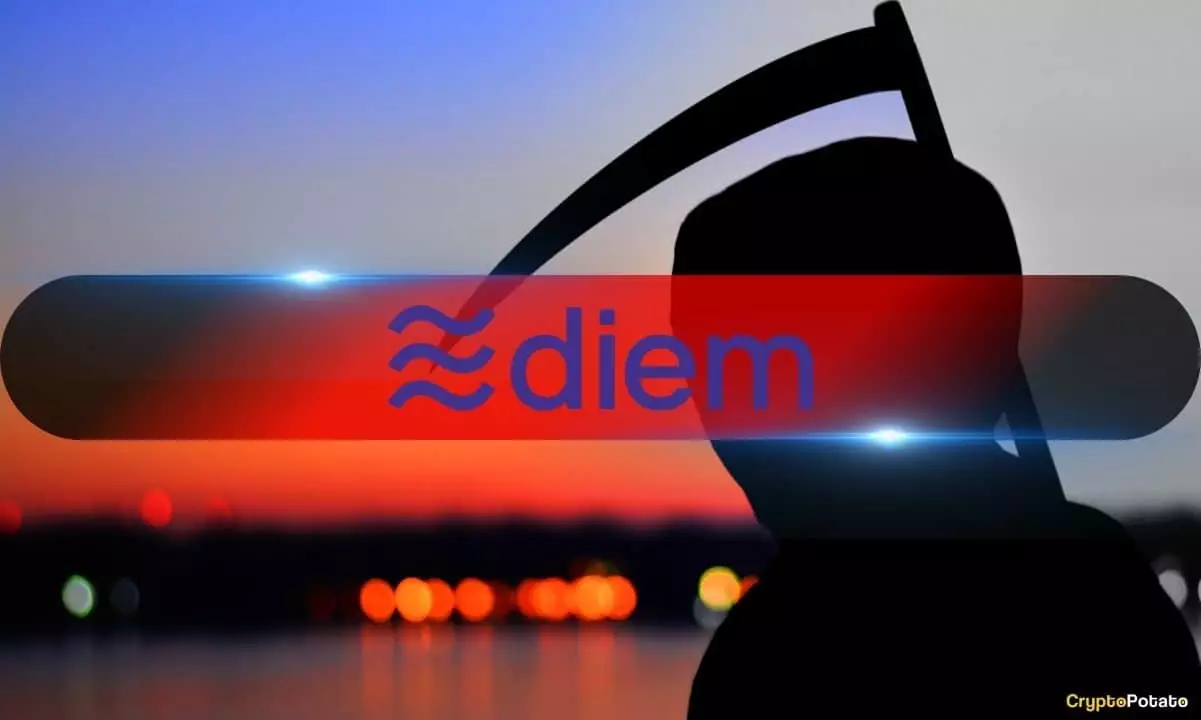In the ever-evolving landscape of cryptocurrencies and blockchain technology, the story of Facebook’s Libra project stands as a cautionary tale, shedding light on the intricate dance between innovation and regulation. Originally launched in 2019 with the ambition of creating a global payment platform, Libra, later rebranded to Diem, aimed to address longstanding issues related to international payments. However, the ambitious endeavor met its untimely end due to overwhelming political opposition, a complex web that former project head David Marcus fervently described as a “political kill.”
The aspiration behind Libra was not merely economic; it held the promise of democratizing finance by enabling quicker, more efficient transactions worldwide. Prior to its announcement, Marcus and his team invested considerable effort in engaging with policymakers and regulators, seeking to build a foundation of trust and transparency. Yet, just days after the project’s unveiling, they faced an unexpected backlash, leading to a series of congressional hearings and inquiries that would consume the next two years of their lives.
The reaction from lawmakers was swift and skeptical. Marcus was thrust into the spotlight, testifying before several committees to quell fears surrounding financial misconduct, consumer safety, and overall marketplace stability. By the spring of 2021, it appeared that the Libra team had successfully navigated through the maze of regulatory concerns, with a pilot rollout on the horizon and hints of encouragement from regulators, including some members of the Federal Reserve.
However, an important turning point occurred during a biweekly meeting between the Federal Reserve Chair and the Treasury Secretary. According to Marcus, this encounter proved pivotal, as Janet Yellen’s warning to Jay Powell about the political repercussions of supporting Libra foreshadowed the project’s fate. The subsequent warnings to banks involved with Libra about potential drawbacks signaled a significant shift in the project’s viability. This intersection of politics and finance illustrated how deeply intertwined regulatory environments can thwart even the most well-conceived technological innovations.
Globally, Libra faced hurdles beyond the borders of the United States. In Europe, concerns were echoed by financial leaders who viewed the initiative as a threat to state sovereignty. French Finance Minister Bruno Le Maire’s vehement opposition highlighted a broader unease regarding the control of monetary systems falling into private hands. Such apprehension resonated across the Atlantic and contributed to a sustained atmosphere of distrust and resistance towards the project.
The convergence of regulatory anxiety and geopolitical considerations emphasizes a crucial lesson for future blockchain initiatives: proponents must navigate not only legal frameworks but also the terrain of public perception, trust, and potential governmental pushback.
Reflecting on the lessons borne from Libra’s demise, Marcus articulated the necessity for any future endeavor in the realm of cryptocurrency to operate within a more decentralized framework. His belief rested upon the premise that a neutral and decentralized network, much like Bitcoin, might evade the political entanglements that ensnared Libra.
The aftermath of Libra prompted many of its former team members to pivot towards new projects bolstered by the technological groundwork laid during their time with the initiative. Projects like Aptos and Sui have emerged, leveraging the innovations that were born from Libra’s conception and development. Marcus himself ventured into new territory with Lightspark, a startup focusing on enhancing Bitcoin’s Lightning Network.
The Future of Blockchain Initiatives
Ultimately, the Libra saga not only highlights the challenges faced by a groundbreaking project but also serves as a harbinger for future blockchain endeavors. As the industry continues to evolve, the interplay between innovation and governance will remain a significant factor. For proponents of decentralized finance, the road ahead is increasingly complex, fraught with the need to negotiate political landscapes while striving to create technologies that can redefine financial interactions across the globe. The Libra experience, with all its twists and turns, encapsulates the delicate balance that must be struck between aspiration and obligation in the world of blockchain.


Leave a Reply